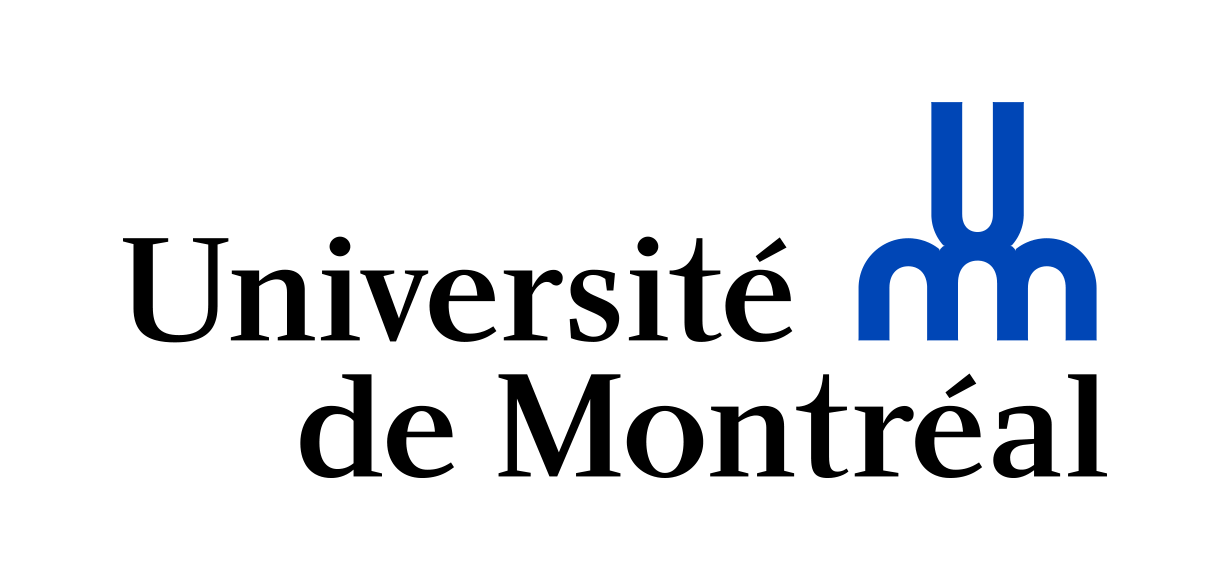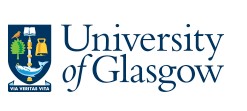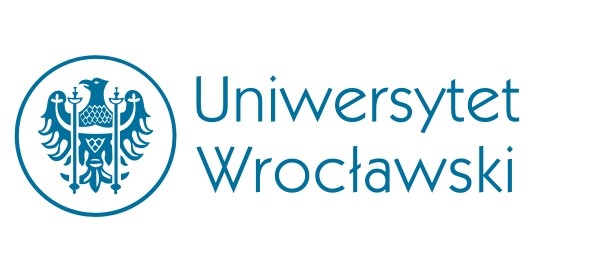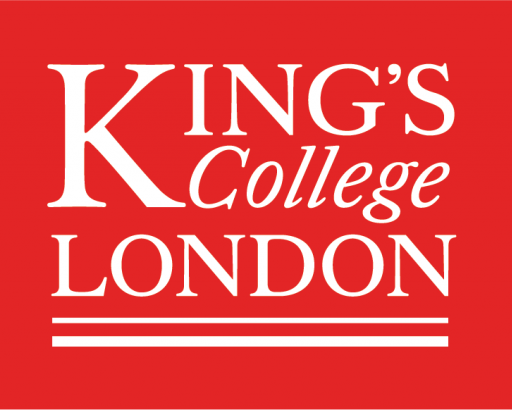Jessica Summers, February 2019
Having studied the history and politics of the Baltic region throughout the course of my studies, I went into this field trip with certain pre-conceived notions regarding how my experiences ‘in the field’ would unfold. It was truly enlightening to have these pre-conceived notions challenged. Throughout the 7-day field trip, I had the privilege of visiting Riga, Narva and Tallinn. Although often collectively referred to as ‘The Baltics’ my experience in each city was completely unique. The planned activities critically demonstrated that although these cities have been subject to common historical, political and geographical challenges, Riga, Narva and Tallinn have evolved into very different cities.
In particular, my experiences in Narva proved very enlightening. Narva, despite being part of modern day Estonia, is made up of an overwhelming Russian-speaking majority. Hearing about the experiences of people living in Narva, pre and post collapse of the Soviet Union, challenged my conceptions of what borders really are and perhaps, what they should be. To physically not move, however, to wake up in a different country, regardless of political affiliations is a disruptive process – A disruption that continues to be felt by many residents of Narva to this day. Furthermore, the desolate feel of this town demonstrates how integration policies can fall short of effectiveness and instead operate to further divide and fragment identities. Discussions with Krisitina Kallas, Director of Narva College and Leader of Political Party Estonia 200, emphasized the challenges policy-makers face when attempting to create, implement and realize broad policy goals. There is no one size fits all policy and there are certainly no simple solutions. Kristinia Kallas emphasized this point expertly through her discussion of Russian and Estonian-speaking school segregation and the difficulties associated with ‘quick fixes’ that do not appropriately recognize and reflect the importance of identity – Challenging concept as it may be.
I am very grateful to the BEAR Network for selecting me to participate in this Field Trip. It was a truly enlightening experience, one which has taught me the importance of conducting research in the field. Without such first hand experience, one’s understanding of why politics develops and unfolds in a certain way is incomplete. Equipped with first-hand experience, one’s understanding fundamentally deepens.













